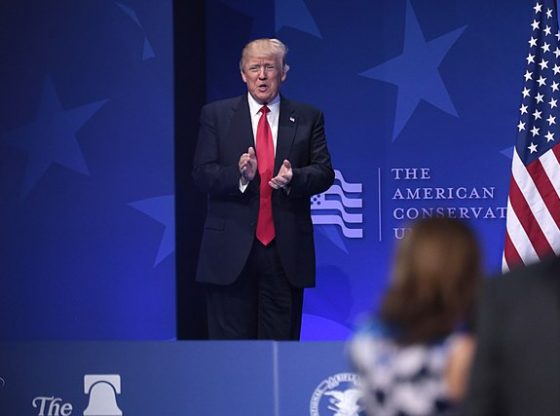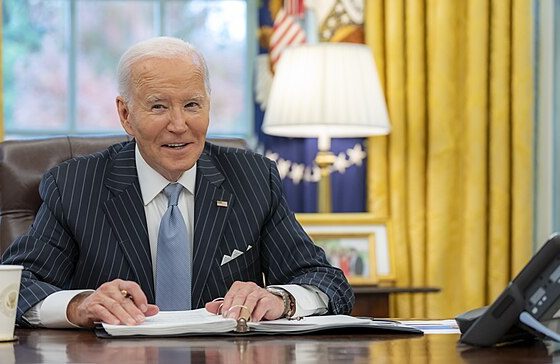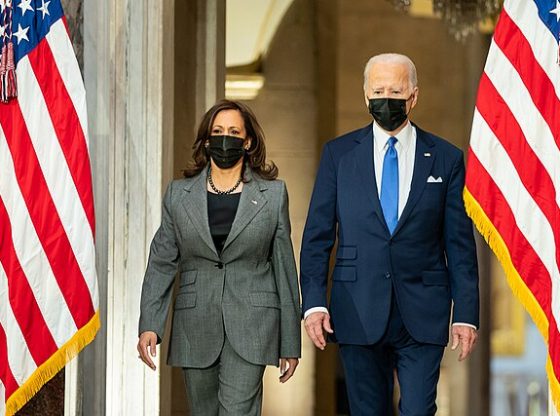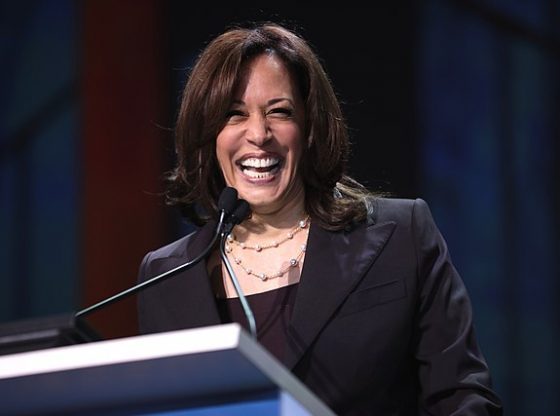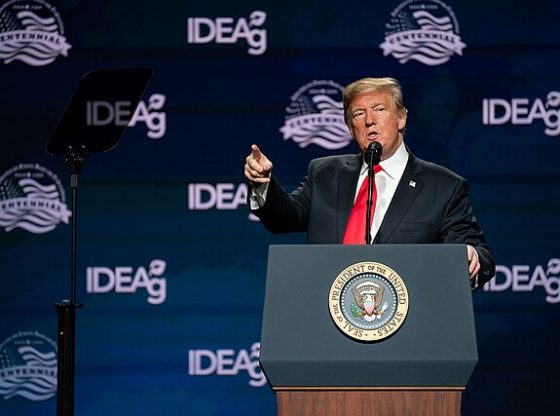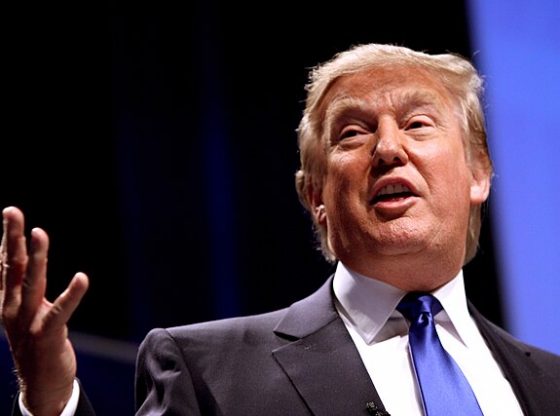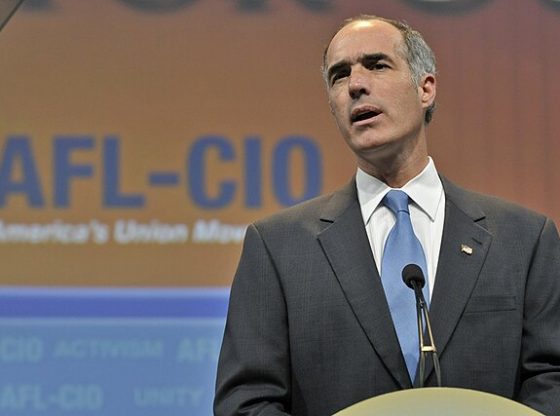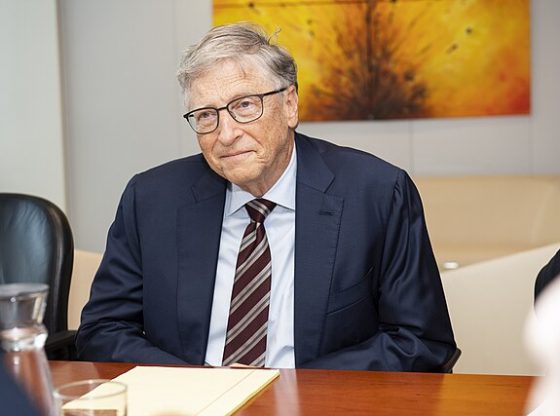For months, Russia’s role in the 2016 election has rankled Democrats searching for a scapegoat. Rep. Adam Schiff (D-Calif.), who has effectively exploited the Russia ruse to elevate his public profile, consistently laments the proliferation of Russian-bought Facebook ads as an opinion-swaying mechanism.
Yet, more than a year since Election Day, there is still no evidence of collusion between President Trump and Russian leader Vladimir Putin directly. Nor is there evidence foreign-bought digital ads had any significant impact on the 2016 election, when the Trump campaign amassed 63 million votes en route to victory. It’s hard to believe $100,000 in ads with various messages — not all of them pro-Trump — undid the $1.2 billion Clinton machine.
Alas, the Russia hysteria has spread from liberal partisans to equally partisan government regulators now that the Federal Election Commission (FEC) once again reopened its request for comments on how it should expand Internet regulations. Ellen Weintraub, a Democratic FEC Commissioner, has expressed disdain at advertising “paid for by Russia or other foreign countries.” She has also urged Congress to “regulate political spending on the Internet.” Of course, Weintraub doesn’t exactly define what that means beyond existing regulations.
(It’s worth noting Friday’s deadline to submit those comments was extended. Why? Because the agency seeking to regulate the Internet had its website fail.)

